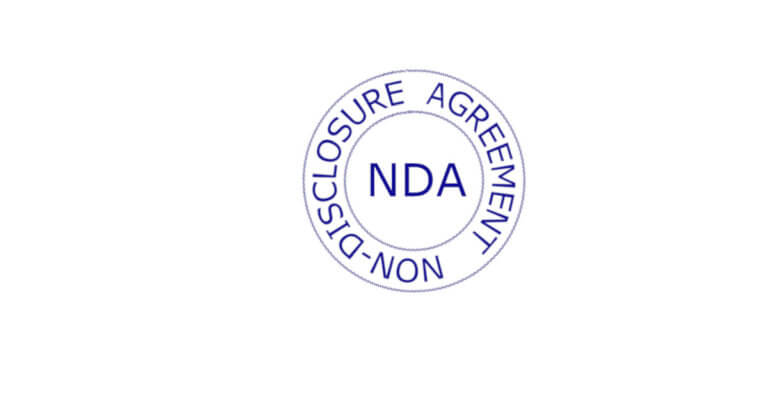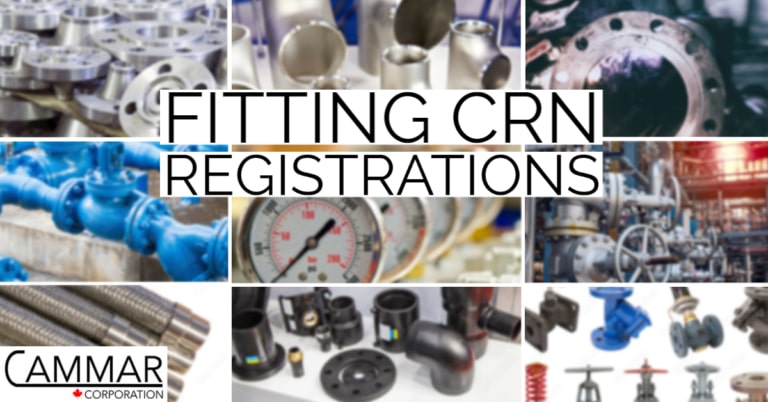When should a CRN application be made? This is a common question. After all, knowing when you should apply for a CRN number is important.
Some people only want to know what they ‘must’ do, and they want to know the difference between requirements and suggestions. And though ‘should’ apply for a CRN really means ‘must’ apply for a CRN in normal circumstances, the same people might instead consider ‘should’ to somehow mean a suggestion and will go on endlessly as if there is somehow a misunderstanding as to what is required. And they also want their ‘musts’ listed in bullet form. Thankfully, there aren’t many of those people around.
But for those people and the rest of you, please be assured that ‘should’ in this instance is really a polite way of saying ‘must’. And at risk of upsetting my web editor for using sterile and unfriendly language, and to appease those who dislike reading too much, here is a bulleted list that inherently includes occasions when a CRN should (must) be applied for and when CRN registration should (must) be obtained:
- Before operation in Canada
Pretty simple eh?
And it gets more complicated. Believe it or not, legislation and CSA B51 state that CRN registration is required before construction. So this means that an application should (must) also be made and CRN registration should (must) be obtained before the equipment leaves the shop, is shipped, is purchased, or is installed.
The list gets longer with the details. Here is a more detailed bulleted list that includes occasions when a CRN should (must) be applied for and when CRN registration should (must) be obtained:
Before
- Construction.
- Shipment.
- Offer To Sell.
- Purchase.
- Installation.
- Operation in Canada.
- Alterations to existing pressure equipment commences.
Practically speaking, operation under pressure delineates a line between what modern art and pressure equipment is. Nevertheless, the law refers to CRN registration of designs when the equipment has not even been built yet, and designs are at the finalized stage. So, why should (must) CRN registration of designs be acquired at such an early stage?
Besides abiding by the law, there are two reasons that come to mind:
-
- Nobody wants to necessarily fix equipment to meet the requirements of a CRN number issued after construction. For example, there is no greater pain than for someone to realize that installed equipment is unregistered and a startup needs to be delayed to fix it. Hence before pressure equipment is even constructed, it should (must) be registered to avoid potentially huge headaches and costs.
- Canada does not need or want unregistered and illegal pressure equipment made, shipped, sold, purchased, installed, or operated. It is not worth it.
Obviously not all pressure equipment in the world already has a CRN yet – but we’re working on it!
All this leads to another question, is all unregistered pressure equipment that is already built necessarily unable to be assigned a CRN number? Hmm…, of course not, though some situations are certainly more challenging than others.




